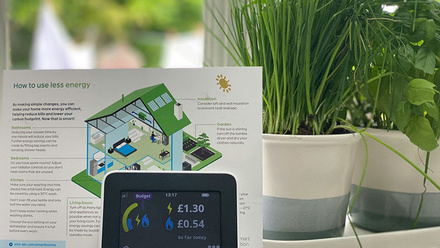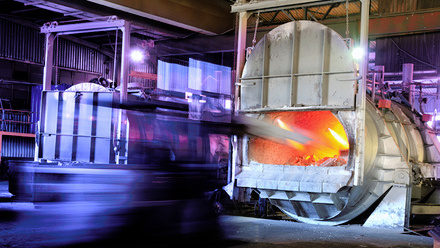UK to back new small nuclear technology with £210 million
UK Government is committing £210 million to develop Small Modular Reactors in the UK, matched by private investment to strengthen energy security in an attempt to reduce Britain’s dependency on volatile fossil fuels.

The UK Government has announced their backing for the next steps in developing the design for one of the world’s first Small Modular Reactors by £210 million in new government funding for Rolls-Royce SMR, delivering on the Prime Minister’s Ten Point Plan and creating good high-skilled jobs.
Matched by private sector funding of over £250m, the investment will take forward phase two of the Low-Cost Nuclear project to further develop SMR design and take it through the regulatory processes to assess suitability of potential deployment in the UK.
New nuclear has a crucial role to play in providing reliable, affordable, low carbon energy as Britain works to reduce its dependency on volatile fossil fuels and exposure to global gas price spikes.
SMRs have the potential to be less expensive to build than traditional nuclear power plants because of their smaller size. Their modular nature of the components offers the potential for parts to be produced in dedicated factories and shipped by road to site – reducing construction time and cost. Rolls Royce SMR estimate that each Small Modular Reactor could be capable of powering one million homes – equivalent to a city the size of Leeds.
The announcement comes as Parliament considers the Nuclear Energy Financing Bill which establishes a new financing model for nuclear projects, known as the Regulated Asset Base (RAB). This would attract a wider range of private investment into these projects, reducing build costs, consumers’ energy bills and Britain’s reliance on overseas developers for finance.
The UK is investing millions into the nuclear industry, including up to £1.7 billion to bring at least one large-scale nuclear project to a final investment decision, and a new £120m Future Nuclear Enabling Fund to provide targeted support towards further nuclear projects as part of the Net Zero Strategy.
Rolls Royce Chief Executive Warren East says, ‘The SMR programme is one of the ways that Rolls-Royce is meeting the need to ensure the UK continues to develop innovative ways to tackle the global threat of climate change.
‘With the Rolls-Royce SMR technology, we have developed a clean energy solution which can deliver cost competitive and scalable net zero power for multiple applications from grid and industrial electricity production to hydrogen and synthetic fuel manufacturing.
‘The business could create up to 40,000 jobs, through UK deployment and export enabled growth. As a major shareholder in Rolls-Royce SMR, we will continue to support its path to successful deployment.’
Following this announcement, the University of Sheffield’s Nuclear AMRC has also notified that they will work with Rolls-Royce SMR to develop the manufacturing capability for a variety of advanced processes, using the state-of-the-art machining, joining and testing facilities of the Nuclear AMRC’s research factory in Rotherham.
The centre will also support the design of a new UK factory for large SMR components.







